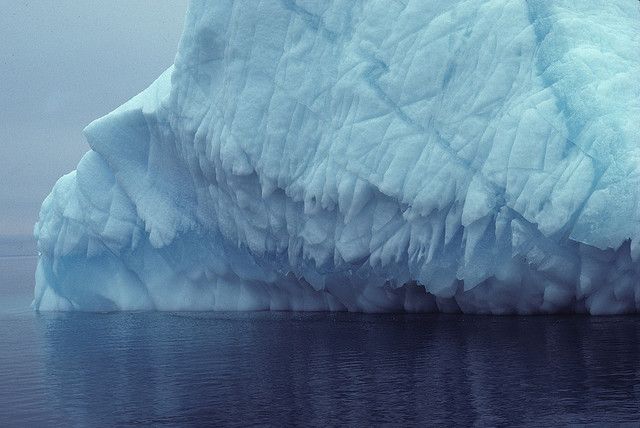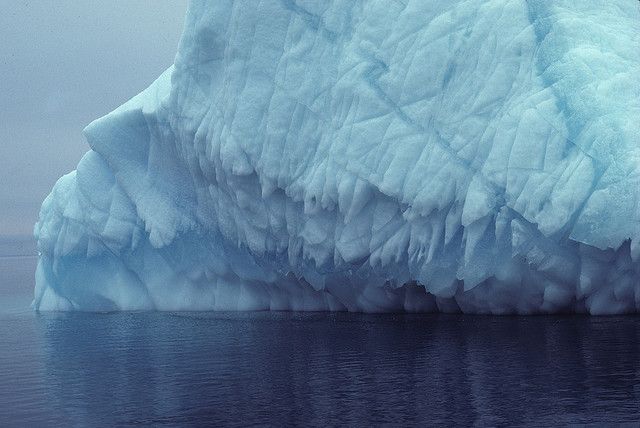Kyoto Protocol at the centre of Panama discussions
The latest round of climate negotiations in Panama this week has once again seen the future of the Kyoto Protocol take centre stage, with the event looking more and more likely to end in deadlock as the Kyoto debate rages on.


The latest round of climate negotiations in Panama this week has once again seen the future of the Kyoto Protocol take centre stage, with the event looking more and more likely to end in deadlock as the Kyoto debate rages on.
With the South American conference being the last official set of talks before COP 17, the G77 and China group of developing nations took the opportunity to reiterate their stance to gathering diplomats that they were not prepared to listen to any future deal on mitigating climate change that would see an end to the Kyoto Protocol.
The United States, Russia, Canada and Japan however, remain adamant that they will not sign up to an extended period of the Kyoto Protocol. Instead the nations have proposed a wholly new global treaty to replace the treaty when it expires in 2012.
Ambassador Jorge Argüello of Argentina, chairman of the G77 and China group, released a statement earlier this week declaring that those opposed to the extension to the Kyoto Protocol could not simply ignore the overwhelming majority that want an extension to the agreement. “Much as some rich countries like to repeat that discussing scenarios that they oppose is not 'realistic' or 'practical', they must recognise that there is no point in insisting on a solution outside the Kyoto Protocol when 132 parties have strongly declared they can only accept a second commitment period as a meaningful outcome,” he stressed. “I think most parties understand by now that a second commitment period of the Kyoto Protocol is key for any positive outcome we can expect in Durban.” .jpg)
Argüello also declared that he had spoken to Maite Nkoana-Mashabane, South Africa's Minister of International Relations and Cooperation who will be acting President at COP 17, that the G77 and China Group was firmly committed to securing an extension to the Kyoto Protocol. “The second commitment period is paramount for the G77 and China. We are ready to negotiate and to produce actual texts in both tracks, but only on such a basis that respects our position as well as others. The elements are in place. We now have to translate this into an express political commitment from the developed countries,” added Argüello.
The EU’s Environment Commissioner, Janez Potocnik, told a news conference earlier this week that “the Kyoto Protocol should be extended for some time, but I can't say what that sometime would be.” There have been suggestions that this “some time” would be until 2015, which would allow more time for a compromised deal to be reached, and allow Europe to continue with its current carbon trading scheme. The EU, as part of its push for an extended Kyoto, is also said to be looking at the introduction of two corresponding treaties that would suit both parties, by imposing binding emissions targets on countries that currently face no solid emissions reduction commitments.
With Durban now fast approaching, Potocnik reemphasized the importance of the outcome of COP 17 in reference to that of the current financial crisis in Europe. “I don't see the prevailing crisis in Europe and elsewhere impacting the Durban talks,” he said. “The global climate crisis is bigger than the financial crisis.”
Image 01: Howard Keats | Flickr
Image 02: FantasyFan | Flickr
